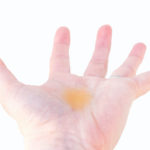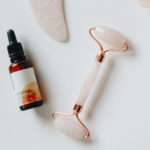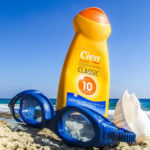Researchers M. A. Anjum and colleagues discovered a promising therapeutic approach for treating androgenic alopecia or hereditary-patterned baldness that involves […]
Skin Care
Skin Care vs Skincare: Which One is Correct?
Note that “skin care” and skincare” are two related words with different meanings and different uses depending on the context. […]
Effectiveness of Topical Vitamin C in Skin Lightening: Studies
Vitamin C is one of the popular ingredients used in the formulation of topical skincare products aimed at whitening or […]
Vitamin C Serum: Benefits and Effectiveness
A vitamin C serum is a skincare product based on a serum formulation and applied on the face or specific […]
Purpose of Toner in Skin Care: The Basics
Toners collectively represent a specific category of skincare products. As one of the mainstays in a typical daytime and nighttime […]
Serum in Skin Care: Purpose, Benefits, and Effectiveness
A “serum” or face serum is a specific category of skincare products topically applied on the face, usually after cleansing […]
How UV Radiation Damages the Skin, Causes Cancer
Ultraviolet or UV is a form of electromagnetic radiation and an electromagnetic wave that sits after the visible light and […]
SPF 101: Understanding Sun Protection Factor
The sun protection factor or SPF is a rating system used in sunscreen labeling to partially aid consumers in choosing […]
Titanium Dioxide vs. Zinc Oxide in Sunscreens
Both titanium dioxide and zinc oxide are used in the formulation of a specific variant of sunscreens. More specifically, these […]
Guide to Choosing a Sunscreen
Sunscreen provides protection against the harmful effects of exposure to ultraviolet radiation. However, not all sunscreens are made the same. […]









